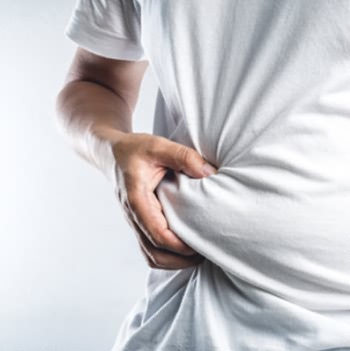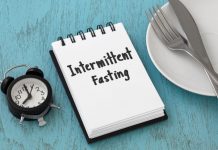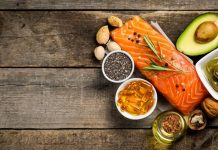 How many times have you asked: “What is the ‘best’ diet for me?”
How many times have you asked: “What is the ‘best’ diet for me?”
You’ve probably tried to lose weight in the past and never got the results you wanted. Or maybe you did lose weight, but you quickly regained it.
You are not alone.
According to the Huffington Post, Americans are a bit fatigued from dieting, but we valiantly “go on” diets in significant numbers year in and year out. Dieting is a multi-billion-dollar industry – one that shows no sign of slowing.
That’s because all diets work.
Here’s the catch. No diet will work permanently unless you make permanent changes to your daily habits and food choices.
A Weight Loss Diet
“Going on” a weight loss diet means doing something different from your usual eating patterns. A “weight loss diet” is a systematic plan with specific instructions to eat differently from the way you usually eat.
Think about it, your usual diet is the reason you’re attempting weight loss now. It may be fast food that is keeping you overweight, or that you typically eat dessert daily.
You may gulp hundreds of liquid calories from “gourmet” coffee drinks or regular sodas, building up your waistline, up to tens of pounds yearly.
Even if your usual diet is healthy, you may be eating too much food for your needs. Portion size is tough to control, especially if you’re dining out frequently. I’m a registered dietitian, yet I too have a hard time resigning from the Clean Plate Club!
You may do-it-yourself with a diet from a book. You may sign up for pre-packaged or frozen portions—some programs deliver all your foods for the day or week.
However, you decide to diet, as long as you stick to that program – and as long as you change from your typical food to one that is calorie-controlled – you will lose weight.
It’s relatively simple to lose weight — you’re changing the status quo and with change comes to weight loss.
But, what happens after the diet?
Changing Your Perceptions
It’s somewhat ironic that today we actually eat fewer calories than we did at the beginning of the 20th century.
Back then, people spent more hours just doing things that today we employ machines and technology to do. Imagine all the calories people used to burn in everyday activities.
Before electric stoves, you needed to build and stoke a fire just to cook your breakfast. Before washers and dryers, we hauled water and scrubbed our clothes before lugging them outside and hanging them out to dry.
Today we “drive-through” and eat in our cars. We stay seated and use the remote control to change the channel. In oh, so many different ways, we avoid burning calories.
And that’s just half the problem. We eat as much as we did when we were active. Worse, we’re eating differently, which contributes to our problem with obesity.
Some people eat mostly processed and refined foods and drink thousands of “empty” calories from soda, sports drinks, and even juice. Instead of fiber-rich whole fruits and vegetables, or whole grains and dairy, it’s an overly sweet Danish with fatty and sugary coffee drinks, a drive-thru burger, and an oversized all-you-can-eat dinner from the buffet.
We’re Susceptible
Public health experts have shown that our fat is not always our fault. Food industries have spent billions in promotion to induce us consuming their products fast and as ‘large’ as possible. Fast food franchises tempt us by offering supersized portions that cost just pennies more than the usual (large) sized, which translates to larger-sized waists.
Most people think of a diet as deprivation. Do you?
Do you “go on” a diet and stick with it for a few weeks, lose some weight, and then regain the pounds lost? Or do you use the diet to learn more about you, to understand what you can eat to lose weight, and then take it from there?
Let’s refute the belief that diet means deprivation. Most dictionaries mention that a word ‘diet’ represents an activity that describes our eating and drinking habits.
And if your usual eating habits are filled with unhealthy and processed foods, then that’s priority step to take. Change your usual diet to one that you enjoy and maintain, as you work your way down the scale.
The Best Diet
The best diet then is simply the plan that suits your tastes and lifestyle!
Since everyone is different, with differing tastes, lifestyles and budgets — and since we know that all diets work because they ask you to change what’s typical for you to a structured, calorie-controlled program – choose a plan that most closely includes the type of foods you like to eat, and the pattern that suits you best.
The Authority Food Nutrition Weight Loss Plan is great for those who want to customize their diet, maybe include frozen entrees, and are omnivores.
Readers can also choose to suit their lifestyle – from the Mediterranean Diet to Vegetarian or select a program that helps you eat to manage or prevent diabetes. Our goal is to help you find your diet, your way.
And once you’re near your weight goal, you’ll use the new behaviors you’ve practiced while following your plan — eating the portions that are right for you and modifying your usual recipes to lower the fat and calories content — and adopt it as your own typical diet and maintain your weight loss permanently.
All diets work, but we think ours work best – because they’re eating plans you can stick with for life.




